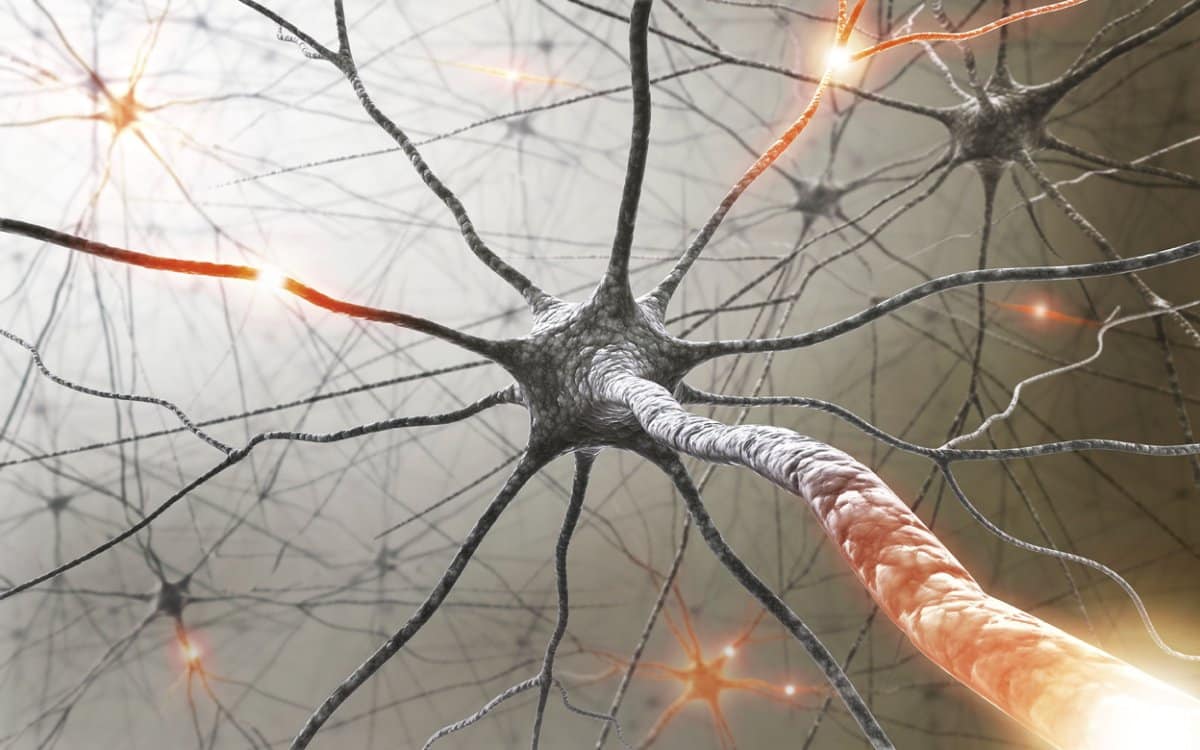In a Breakthrough Development, MS Trial Produces Miraculous Results
Progressive multiple sclerosis is characterized by the gradual accrual of disability independent of relapses and can occur with disease onset (primary progressive) or preceded by a relapsing disease course (secondary progressive).
Significant progress has been made in the treatment of multiple sclerosis (MS) over the last two decades with the introduction of effective therapies for the relapsing remitting (RRMS) form of the disease. However, an effective disease modifying treatment for progressive multiple sclerosis has not yet been identified, and the results of clinical trials to date have been generally disappointing.
But in the latest development, a new clinical trial has managed to halt the progress of the disease, and even relieve symptoms for some of the patients involved. Patients said the results were “a miracle” and had seen them return to normal life after the disease left them in a wheelchair or unable to read.
The study, which involved wiping out a patient’s immune system using cancer drugs and then rebooting it with a stem cell transplant, was conducted with just over 100 patients in hospitals spread all over the world. This included centres in Sheffield, Chicago, Stockholm and Sao Paulo.
They
all had relapsing remitting MS, where periods of symptomatic “relapses” alternate with periods of remission.A year after the treatment, only one patient who received the stem cell treatment had relapsed, compared to 39 people in the control group- and for at least one patient, it appears to have worked. The BBC met a now symptom-free patient who was once bedridden but is now living free of MS, she says. After the treatment, the 36-year-old woman from Rotherham in the U.K. says she was healthy enough to carry and give birth to her first child — something she thought she would never be able to do.
In the trial, it was observed that after three years, the disease progressed in 6 per cent of patients who had transplants, compared to 60 per cent in a control group taking standard medicine. Taking the injection led to a reduction in symptoms, which can include fatigue and muscle and mobility problems.
Professor John Snowden, director of bone marrow transplantation at Sheffield Teaching Hospitals NHS Foundation Trust and a co-investigator of the study, said the interim results bolstered findings from smaller trials. “We’ve had a good idea that this is an effective treatment, but this is the game-changer,” he told the Today programme on BBC Radio 4.
Professor Richard Burt, lead investigator at Northwestern University Chicago, said, “The data is stunningly in favour of transplant against the best available drugs. The neurological community has been sceptical about this treatment, but these results will change that.”
The cost of the transplant was reported as about £30,000 (US $42,000) by the BBC. Burt expects the transplant would be a more cost-effective treatment than drugs after 18 months, he noted a formal cost analysis hasn’t yet been done. He and his colleagues will also be following participants for several more years to see how they do.
NIHR Sheffield Biomedical Research Centre principal investigator and co-investigator of the MIST study Professor Basil Sharrack said: “We are very excited by these hugely encouraging findings, which are the first to assess the long-term effectiveness of AHSCT in people with the active relapsing remitting form of the disease in a phase III randomised trial.
“In the study, almost all patients receiving autologous haematopoietic stem cell transplantation showed no signs of their disease being active a year on from having the treatment and more importantly, their level of disability improved significantly. It is also really important to emphasise that these are still early days, and the patients will be followed for five years.”
Initial results from the trial were announced at the European Society for Bone and Marrow Transplantation annual meeting, held in Lisbon.






























